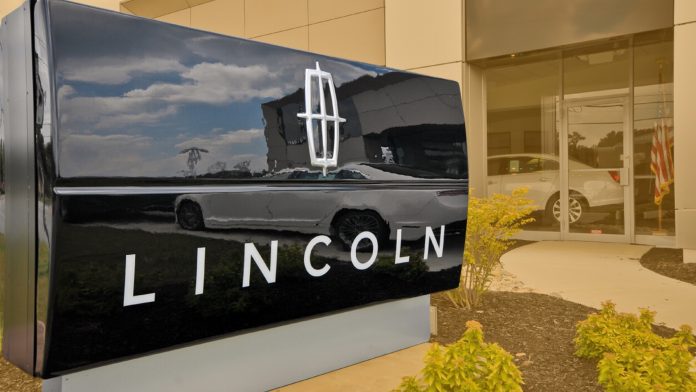Ambitious electric vehicle requirements have remained a sticking point between auto-retailers and original equipment manufacturers. Lincoln recently reported that 60% of its dealership body had agreed to its new EV requirements, but that still leaves 240 of its 600 locations uninterested. Its parent brand, Ford, created a stir in 2022 when it introduced rules for dealers to qualify for EV inventory that included expensive investments and charging installations.
Similar to the Ford program, dealers who fail to sign on with the Lincoln subsidiary will be prohibited from selling electric cars until 2027. To qualify after this period, they will have to re-apply and show compliance with the EV requirements by 2025. The luxury brand does not have a battery-powered model on the market, although it has teased three such products set to be released in 2025.
The new EV requirements require Lincoln dealerships to update their websites, use upfront sales models, install chargers at their locations and prepare their service departments to take care of electric cars. The investments the luxury brand requires differ based on dealership location. Lincoln dealers located in one of the 130 top luxury markets in the U.S., 90% of whom agreed to the brand’s rules, will need to fork over $900,000. Meanwhile, brands outside of these high-performing areas will need to spend $500,000.
Critics of dealership EV requirements note that the rules are often poorly optimized for certain parts of the country. Americans in more rural states have less infrastructure to support EVs, and while efforts are underway to make public chargers more accessible, it is likely the market will take some time to catch up. Auto-retailers in these areas who spend hundreds of thousands to obtain new inventory and prepare their storefronts for electric cars are unlikely to see any return of investment anytime soon.
Did you enjoy this article? Please share your thoughts, comments, or questions regarding this topic by connecting with us at newsroom@cbtnews.com.
Be sure to follow us on Facebook, LinkedIn, and TikTok to stay up to date.
While you’re here, don’t forget to subscribe to our email newsletter for all the latest auto industry news from CBT News.





